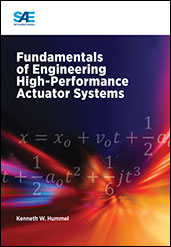Journal Article
New Insights into Reaction Mechanism of Selective Catalytic Ammonia Oxidation Technology for Diesel Aftertreatment Applications
2011-04-12
2011-01-1314
Mitigation of ammonia slip from SCR system is critical to meeting the evolving NH₃ emission standards, while achieving maximum NOx conversion efficiency. Ammonia slip catalysts (ASC) are expected to balance high activity, required to oxidize ammonia across a broad range of operating conditions, with high selectivity of converting NH₃ to N₂, thus avoiding such undesirable byproducts as NOx or N₂O. In this work, new insights into the behavior of an advanced ammonia slip catalyst have been developed by using accelerated progressive catalyst aging as a tool for catalyst property interrogation. The overall behavior was deconstructed to several underlying functions, and referenced to an active but non-selective NH₃ oxidation function of a diesel oxidation catalyst (DOC) and to the highly selective but minimally active NH₃ oxidation function of an SCR catalyst.

